In a groundbreaking pilot project, autonomous drone pioneer Verity has partnered with Swiss footwear manufacturer On and logistics giant Maersk to revolutionize warehouse inventory management. The collaboration integrates radio frequency identification (RFID) technology with Verity’s autonomous drone system, marking a significant advancement in supply chain visibility.
The initiative, conducted at a Maersk facility in California, demonstrates how autonomous drones equipped with RFID readers can overcome traditional inventory tracking limitations. During the three-month testing period, the system completed over 1,500 autonomous flights and performed more than 80 million RFID reads across approximately 1.25 million individual tags.
Breaking Through Line-of-Sight Limitations
Verity’s existing AI-driven, vision-based system has already proven its worth in more than 100 warehouses worldwide. However, the integration of RFID technology addresses a critical limitation: the ability to track inventory beyond line-of-sight. The enhanced system can now identify individual items inside boxes and containers, creating a more comprehensive digital twin of warehouse operations.
The drones autonomously navigate warehouse aisles, scanning RFID tags with reported accuracy exceeding 99.9% and processing up to 1,000 tags per second. This capability enables thorough inventory tracking without disrupting existing warehouse workflows or requiring infrastructure modifications.
Overcoming Traditional RFID Challenges
Contemporary RFID systems face significant obstacles in warehouse environments. Cost considerations necessitate the use of inexpensive tags with limited range, typically requiring fixed readers at chokepoints like gates. Verity’s solution transforms this paradigm by making the reader mobile and autonomous, eliminating the need for fixed infrastructure while maintaining the cost-effectiveness of standard RFID tags.
Real-World Performance and Implementation
The California-based pilot program achieved several notable milestones. The system demonstrated its capability to perform both targeted client-specific inventory counts and comprehensive wall-to-wall inventory assessments. The technology’s ability to precisely localize each tag within the warehouse environment enables unprecedented tracking capabilities throughout the entire warehouse lifecycle.
The pilot represents a significant collaboration between industry leaders. On, founded in the Swiss Alps in 2010, has established itself as an innovative force in premium footwear and apparel. “On is an innovation company at heart, and we are excited to push the boundaries of what’s possible in logistics through this pilot project with Verity and Maersk,” said On co-founder Caspar Coppetti. “This exploration of cutting-edge solutions allowed us to test and evaluate new ways to enhance efficiency and transparency in our supply chain.”
Maersk, with its extensive North American presence spanning over 85 warehousing facilities and approximately 22.5 million square feet, provides an ideal testing ground for this technology. According to Jason Walker, Head of Maersk Contract Logistics, North America, this technological advancement enhances their team’s capabilities: “The exploration of RFID-enabled drones in our warehouses is a testament to our dedication to innovation and operational excellence. Importantly, this technology enhances the capabilities of our team, empowering them to focus on more strategic tasks and drive continuous improvement.”
Market and Industry Implications
The integration of RFID technology into autonomous inventory operations represents a strategic move toward creating a comprehensive, data-agnostic intelligence system for warehouses. This development could significantly impact the broader logistics and supply chain industry, particularly as companies seek to improve inventory accuracy and operational efficiency.
Verity CEO Raffaello D’Andrea emphasizes the transformative potential: “By fusing AI, autonomous data collection at scale, and RFID, we are bridging the gap between the digital and physical worlds to deliver complete visibility across supply chains.”
The successful pilot project with On and Maersk demonstrates the viability of this technology in high-volume, real-world warehouse environments. As supply chains become increasingly complex and demanding, solutions that combine autonomous systems with advanced tracking technologies may become essential for maintaining competitive advantage in the logistics sector.
Photos courtesy of Verity.
Discover more from DroneXL.co
Subscribe to get the latest posts sent to your email.

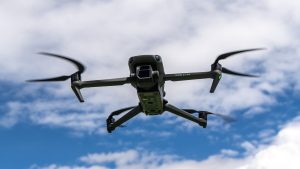

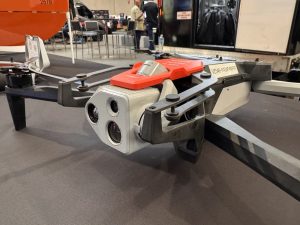
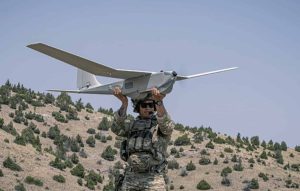


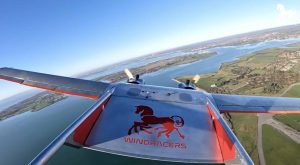
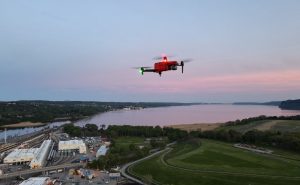
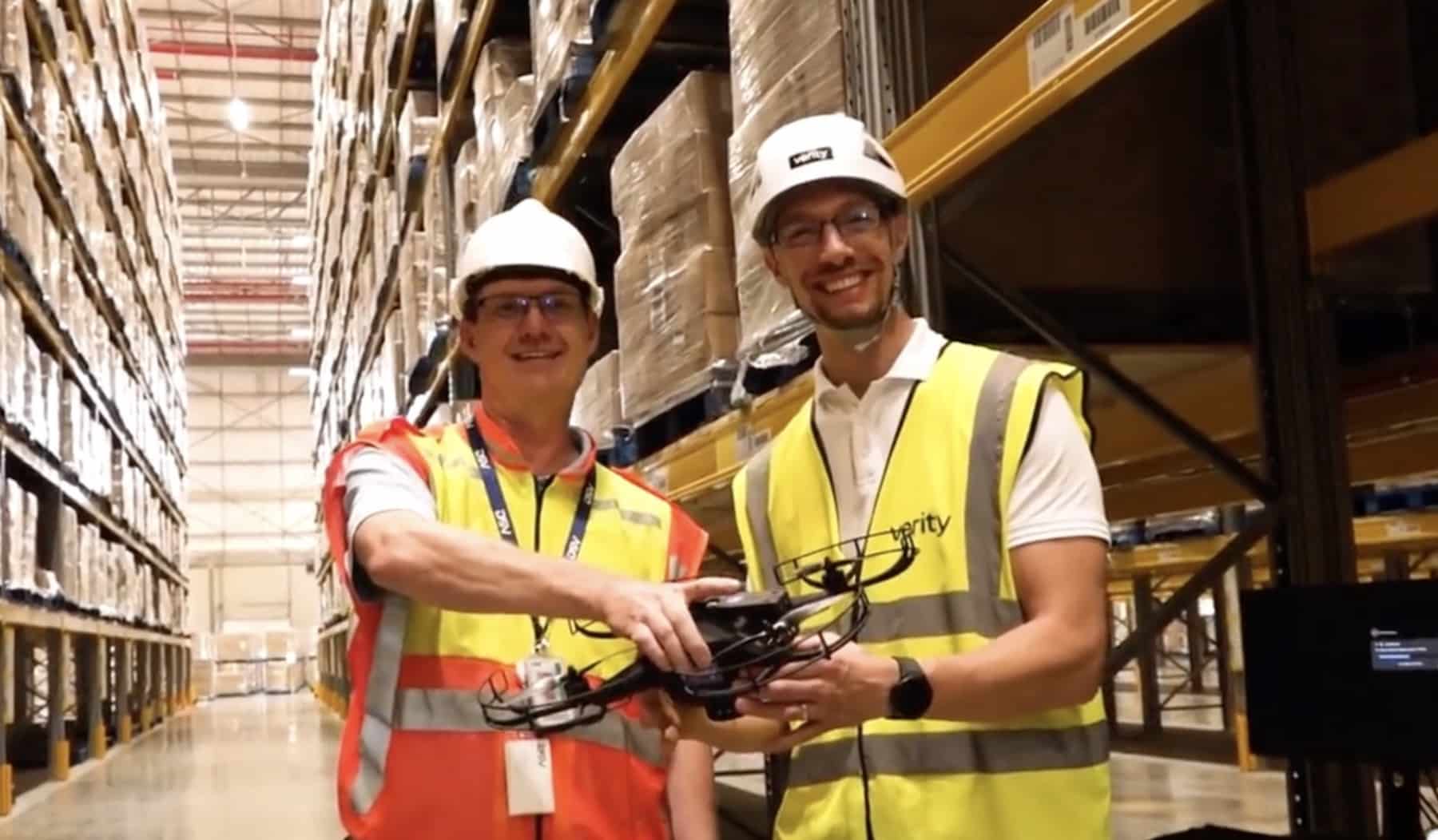
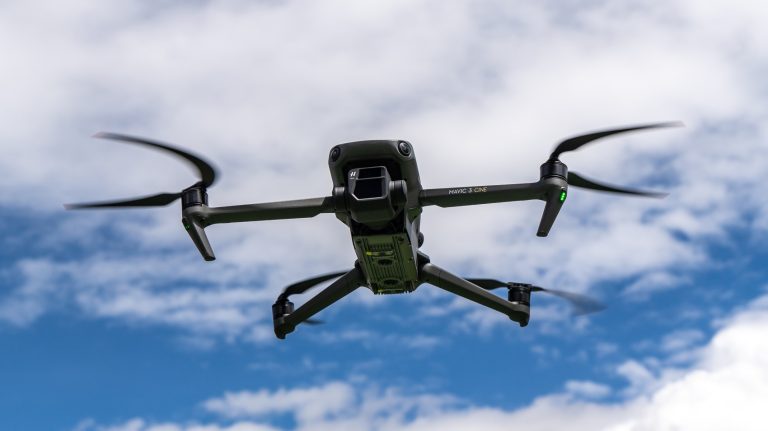
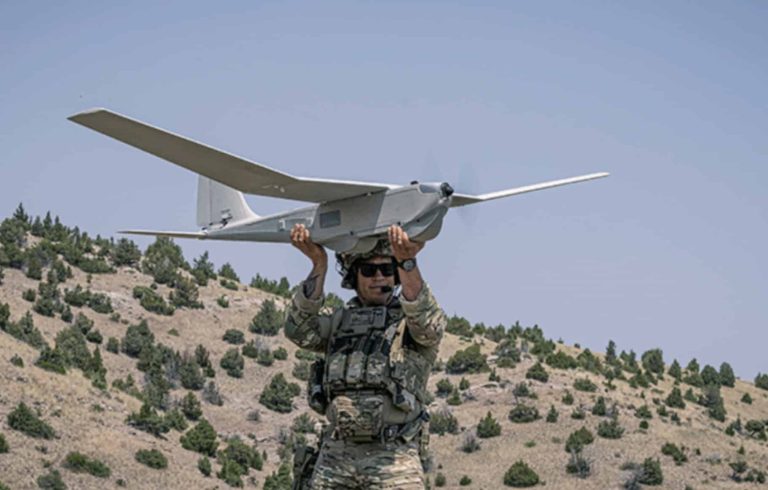
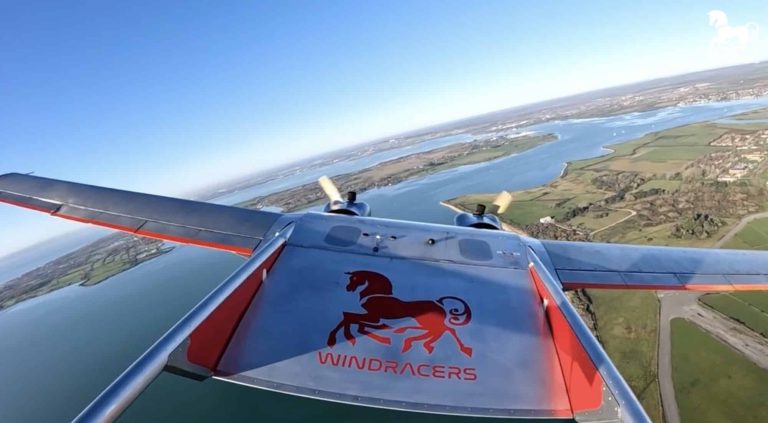



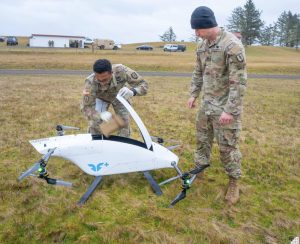
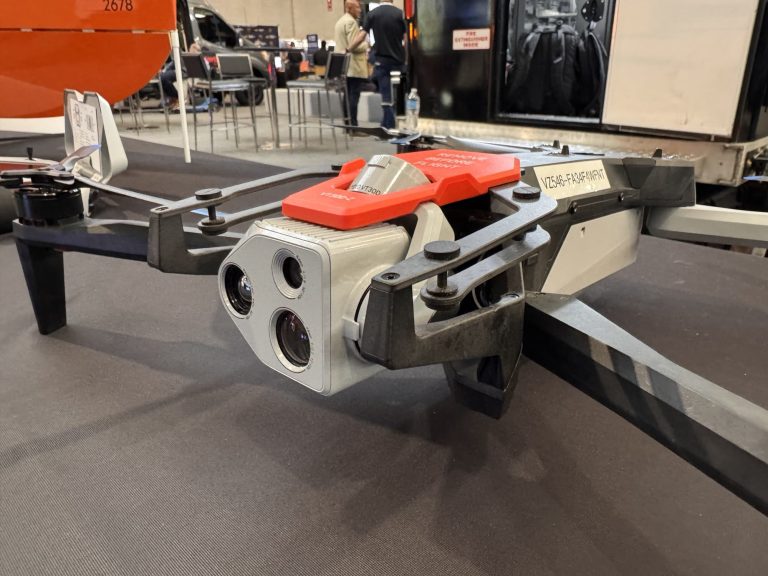
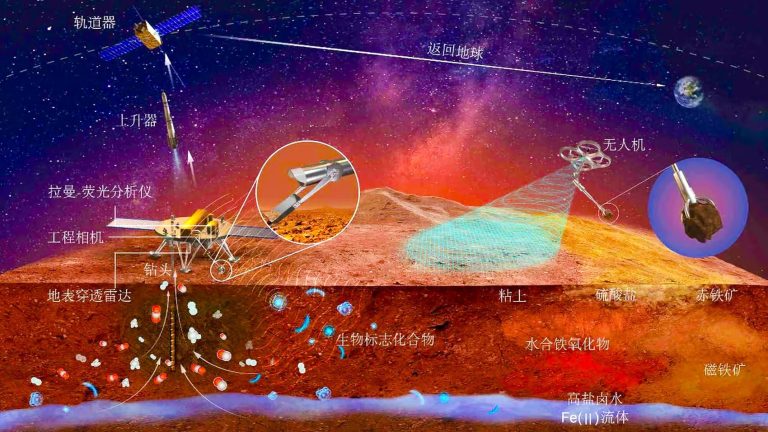

+ There are no comments
Add yours